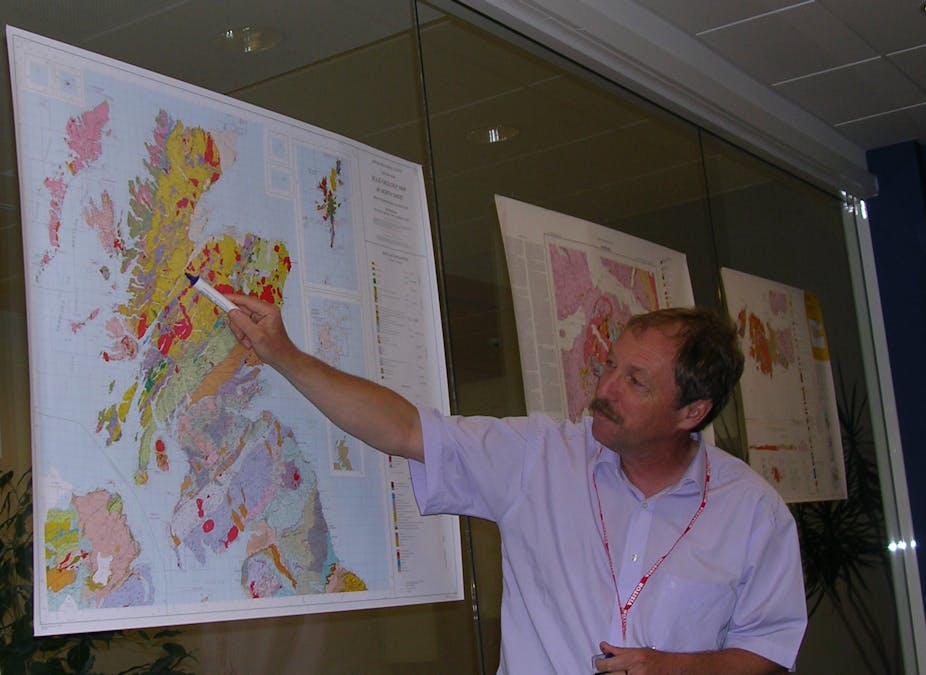A British volcanologist has won one of the most prestigious awards in science – the Vetlesen Prize, which is considered to be the earth sciences equivalent of the Nobel Prize. Stephen Sparks of the University of Bristol will receive the £165,000 ($250,000) award for his groundbreaking research into the workings of volcanoes.
In a career spanning five decades, Sparks has led a fundamental change in the way scientists study volcanic eruptions. “He is a very original thinker and has bridged gaps between the natural, physical and mathematical sciences”, Claude Jaupart, a researcher at the Paris Institute of Earth Physics, told me. “Thanks to him, we now have a much clearer understanding of how volcanoes behave”.
As well as his prodigious research output (he has published more than 330 papers), Sparks’s breakthroughs have encompassed almost every aspect of his field – from subsurface magma movement to the formation of lava domes and the effects of volcanic ash on the climate and human health.
In particular, Sparks’s research into pyroclastic flows, the most lethal and unpredictable product of volcanic eruptions, is considered especially revolutionary. “His brilliant insight into pyroclastic flows revolutionised hazard assessment”, Jaupart said.

Sparks was one of the key figures in the scientific response to the 1995 eruption of the Soufrière Hills volcano on the island of Montserrat, West Indies. His research into the volcano and its eruption style helped to clarify the risk posed to the island’s inhabitants. He is considered to have created the modern template for volcano monitoring and on how best to advise the public and authorities during hazardous eruptions.
Sparks was made a CBE in 2012 for services to environmental sciences, due in part to his involvement in handling the volcanic crisis in Montserrat (which is a British Overseas Territory). In 1997, he served as chief scientist at the Montserrat Volcano Observatory, during which time he reported directly to the British Government on the status of the eruption.
Aside from Montserrat, Sparks has worked on a host of volcanoes around the world – he has studied active peaks in China, Chile, Cameroon and the Canary islands. He recently spearheaded the CARIBRISK project, which aimed to protect vulnerable populations in the Caribbean, Northern Andes and Central America from the effects of volcanic eruptions.
Although the Vetlesen Prize is not as lucrative as the Nobels, which each carry a prize of around £800,000, it is awarded much less frequently. The average time between awards is two years, but up to six years may pass without one being given out. Sparks becomes only the second British person to receive the Vetlesen Prize in the last 45 years.
Aside from his CBE, Sparks has been awarded high-profile prizes by the British Geological Society, the European Geosciences Union and the Geological Society of America. He was made a fellow of the Royal Society at the unusually young age of 38 (most people who receive this honour are over 50).
The Vetlesen Prize is awarded by Columbia University’s Lamont-Doherty Earth Observatory on behalf of a foundation established by Georg Unger Vetlesen (1880-1959), a Norwegian/American philanthropist. Previous recipients include Jan Hendrik Oort, the Dutch astronomer who discovered the eponymous cloud of icy bodies in the outer solar system. Sparks will formally receive the award at a ceremony in New York in June.

